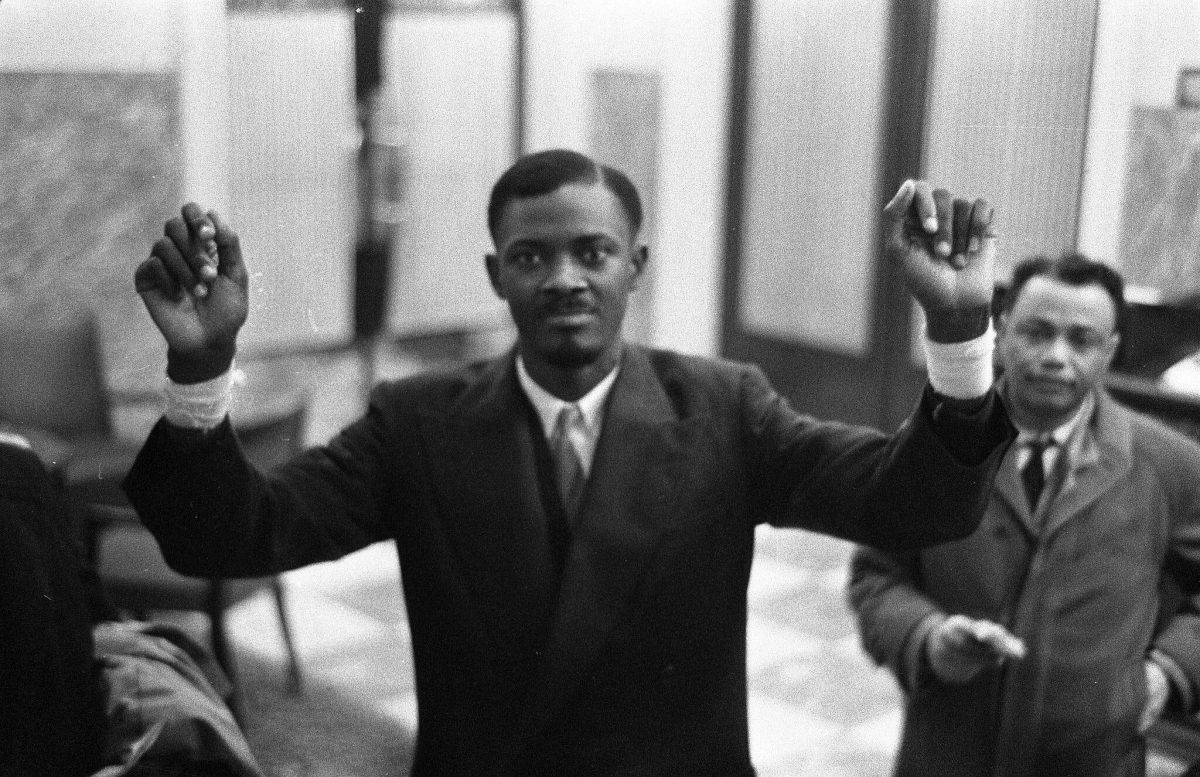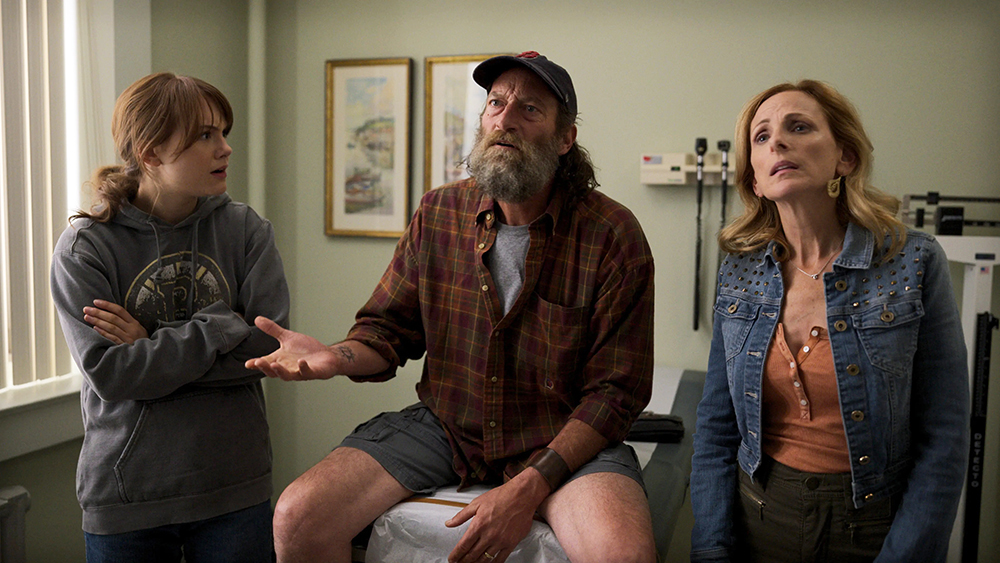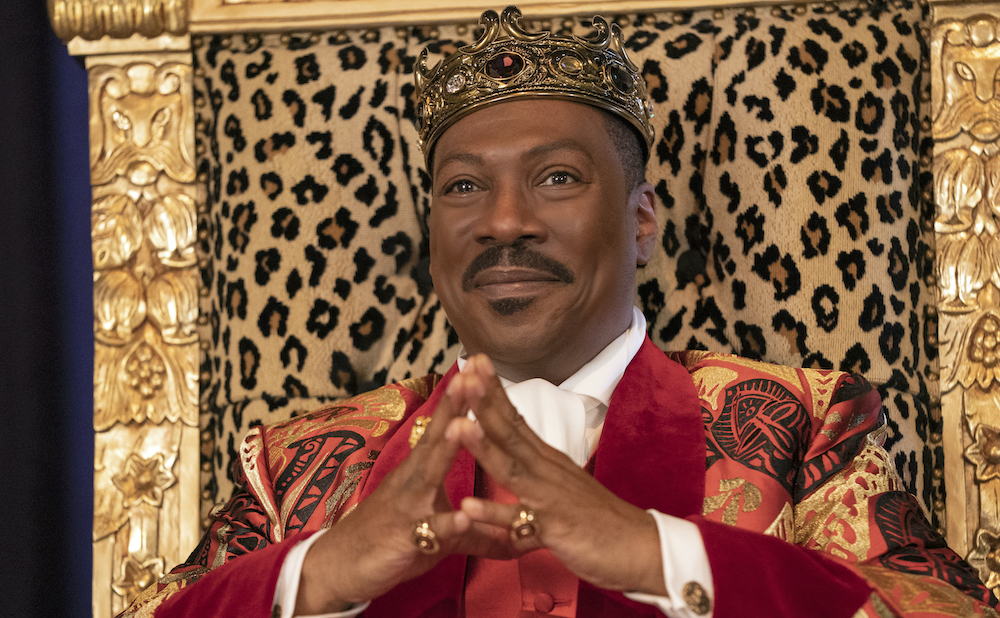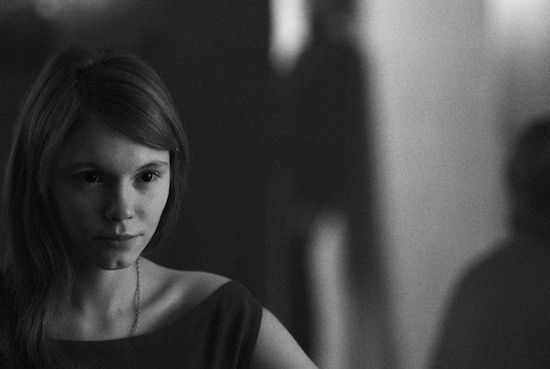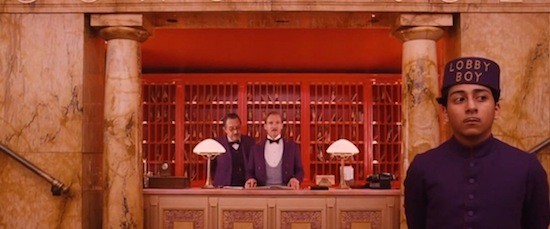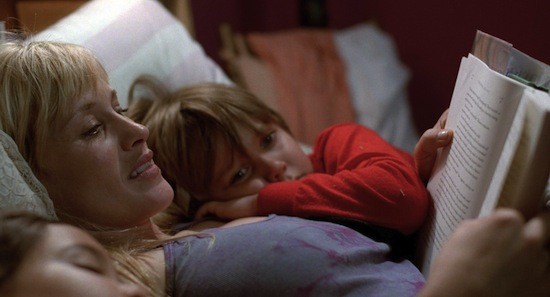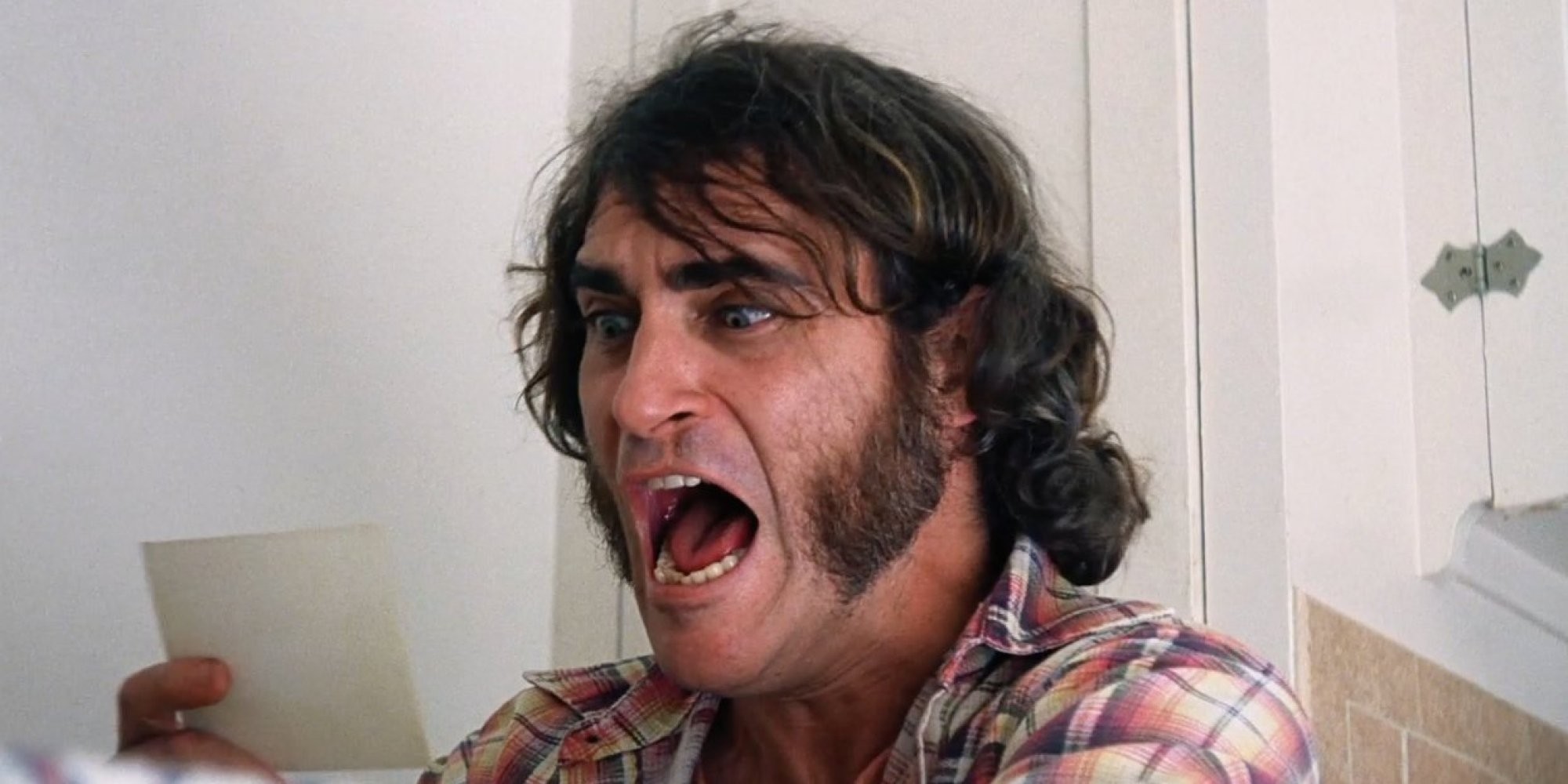Last weekend’s Academy Awards ceremony saw many firsts. Sean Baker became the first person to win four Oscars for a single film, taking home Best Picture, Best Director, Best Editing, and Best Screenplay (previous record holder: Walt Disney). Best Supporting Actress Zoe Saldana became the first Dominican-American to win an Oscar. Paul Tazewell’s work on Wicked made him the first Black man to win Best Costume Design. Best Animated Feature Flow became the first movie from Latvia to win an Academy Award. In the documentary category, No Other Land’s co-director Basel Adra became the first Palestinian filmmaker to win an Oscar. The film has another, more dubious distinction: It is the first feature in recent memory to win without securing a distribution deal in the United States.
The fact that no distributor would touch a documentary co-directed by a Jewish Israeli (journalist Yuval Abraham) and a Palestinian which calls for peaceful coexistence between the two peoples is a shocking state of affairs, one that hopefully an Oscar statuette will soon change. But our information environment has always been more subject to manipulation than we would like to admit.
That’s one of the themes of Soundtrack to a Coup d’Etat, the Oscar-nominated documentary by Johan Grimonprez. Of all of the films about international diplomacy, this one sounds the grooviest.
In the 1950s, fallout from the end of World War II meant that waves of new countries were being created as European colonial empires collapsed. Meanwhile, the United States and the Soviet Union had begun the 50-year nuclear standoff known as the Cold War. The “First World” of the capitalist West saw the communist East as dead set on expanding their economic and social revolutions. Meanwhile the “Second World” of the communist Eastern Bloc saw a capitalist West that was actively seeking their downfall. Both sides were, in their own way, correct.
The emerging nations were caught in the middle. Collectively, they became known as the Third World. By 1960, the emerging nations, which included India, threatened to outnumber the First and Second worlds in the United Nations. The two blocs competed for the allegiance of the third world nations in a variety of ways. Sometimes, that meant fomenting an actual rebellion led by ideologically simpatico local politicians. But more often, it was by soft power. The previously colonized peoples of Central Africa were hungry for American music. So the State Department decided to give it to them. Louis Armstrong became America’s jazz ambassador and embarked on a series of goodwill tours through Africa. At one stop in what was then the Belgian Congo, he was mobbed at the airport and played an impromptu show to tens of thousands of people, backed by a local marching band who was on hand to greet him. More government sponsored tours followed, including such jazz luminaries as Dizzy Gillespie, Max Roach, Nina Simone, and Abbey Lincoln.
Not coincidentally, around this time the Belgian Congo became just Congo, declaring independence in January 1960. Patrice Lumumba won the first election as prime minister, despite the fact that he was in a Belgian jail at the time for inciting an anti-colonial riot. Lumumba was a savvy politician who understood that the emerging nations of Central Africa could play each side of the Cold War off the other. He dreamed of creating a United States of Africa that would consolidate the peoples and resources of the central continent into a powerful nation. When he visited the U.S., he was rebuffed by President Eisenhower but welcomed in Harlem by Malcolm X and John Coltrane.
Grimonprez crosscuts the complex story of Lumumba’s rise and fall with the musicians and artists who were sucked into the intrigue. Armstrong realized he was being used and threatened to immigrate to Ghana. Roach and Lincoln led a protest that turned into a brawl in the United Nations Security Council. Soviet Premiere Nikita Khrushchev, who ought to know, said that Lumumba was not a communist. CIA chief Allen Dulles, who appears smoking a pipe and dripping evil, admitted that he may have overreacted when the CIA assisted the counterrevolution led by now-infamous dictator Mobutu Sese Seko.
Soundtrack to a Coup d’Etat’s stylish use of memoirs by people who were there, as well as copious archival footage, seeks to tame the sprawling Congo Crisis. But you can be forgiven if you end the film with your head spinning from all the details. It’s the expertly curated playlist of mid-century jazz and R&B that keeps things on track and provides the film’s beating heart.
Soundtrack to a Coup d’Etat is now available on VOD via Apple TV+ and Amazon Prime.
